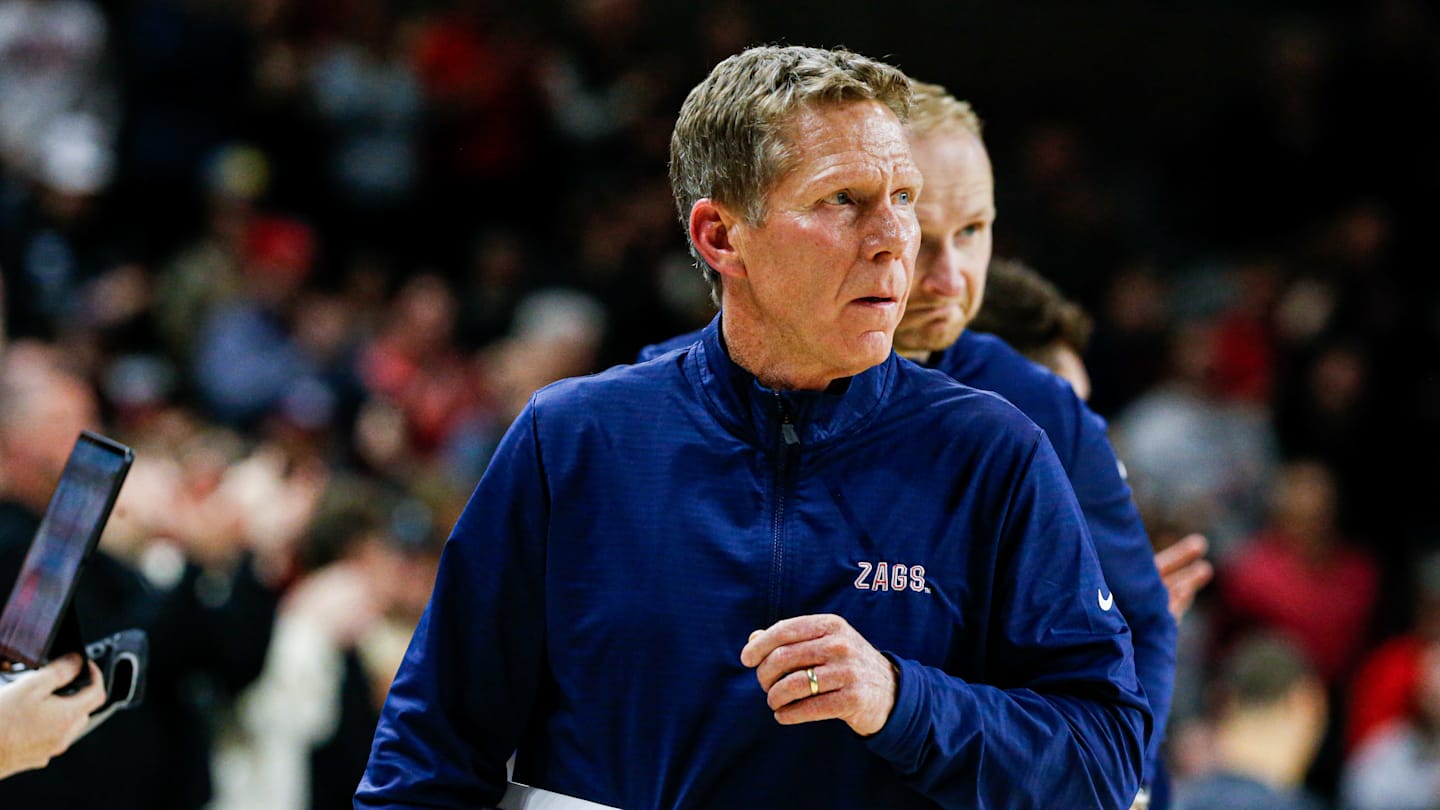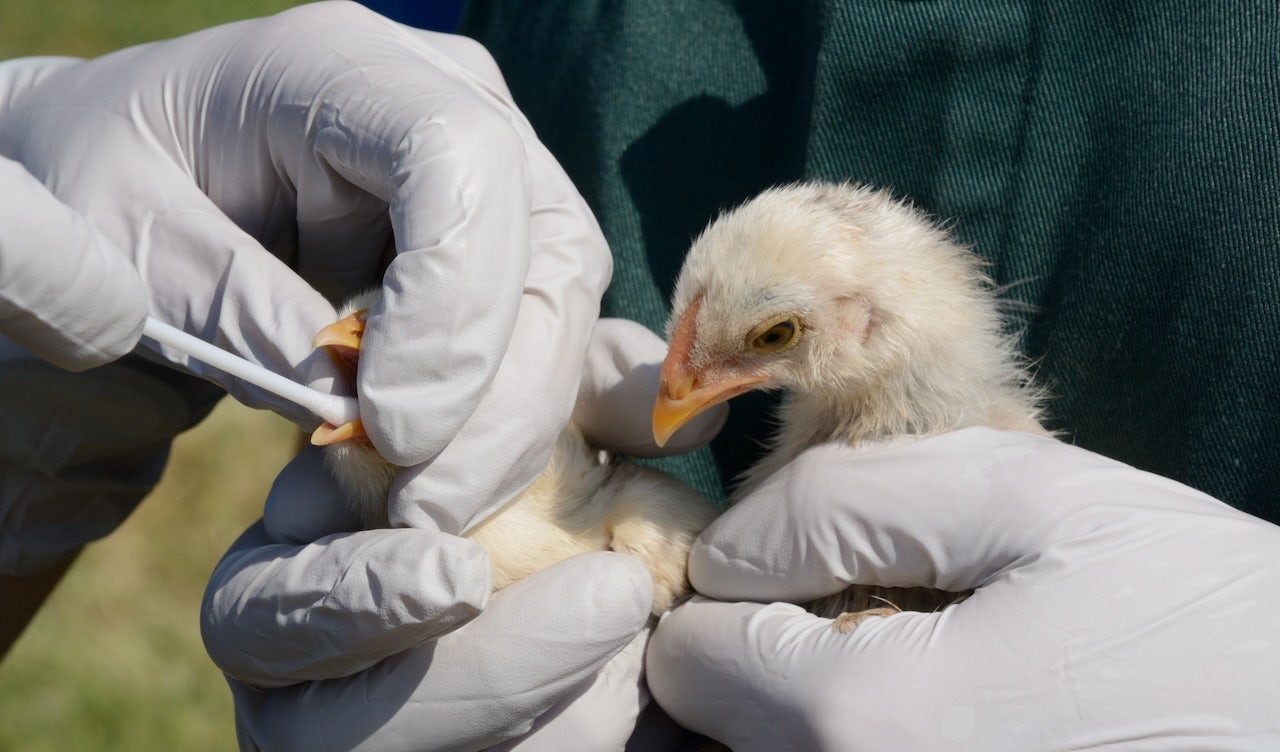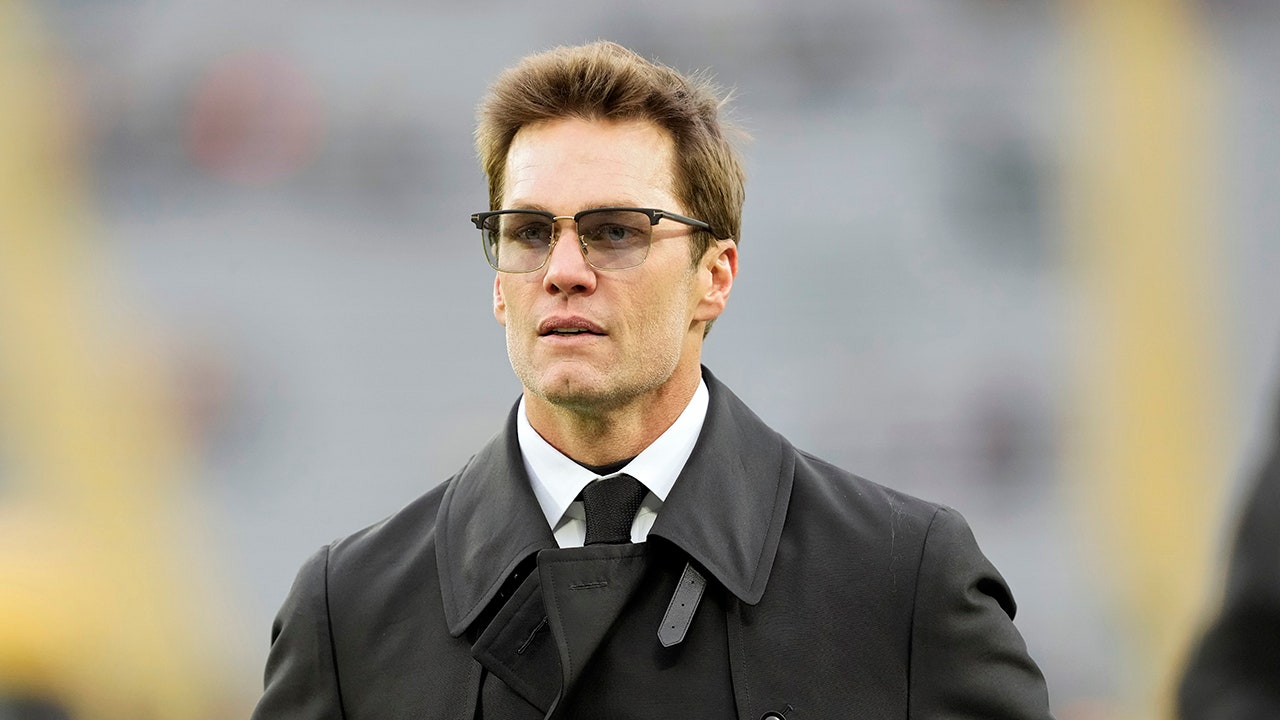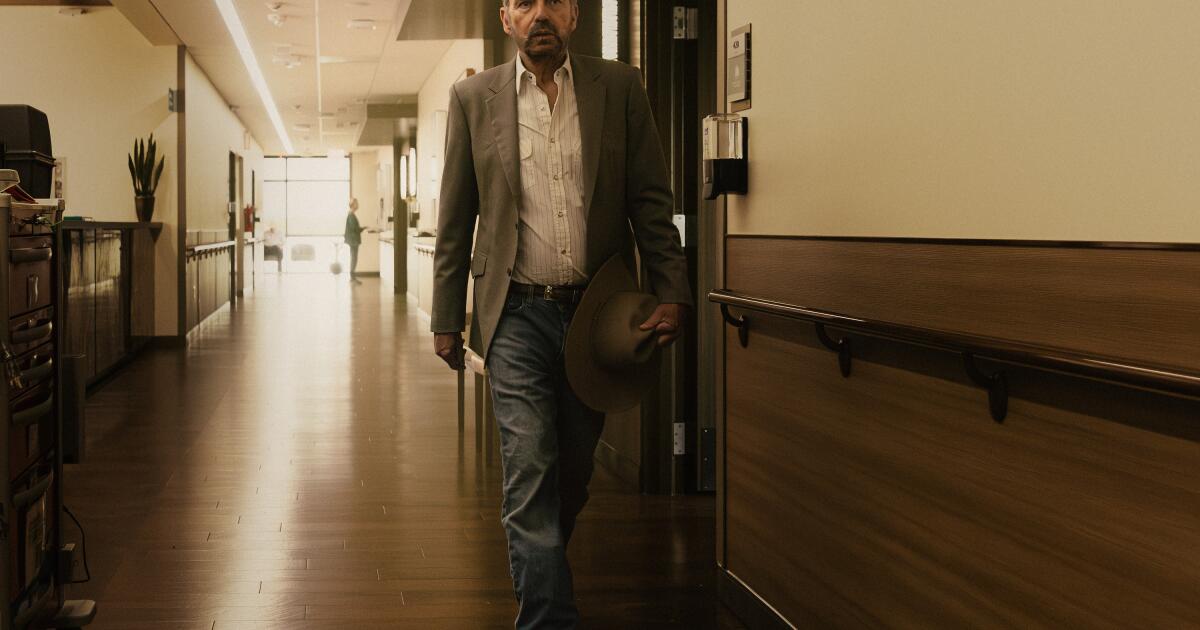Washington
Refugee leaders convene in Washington, D.C. to network, advocate and meet with members of Congress

Last week, refugee leaders from across the U.S. were in Washington, D.C. to attend Refugee Council USA’s annual Advocacy Days, a three-day convening of workshops and meetings with members of Congress to promote pro-refugee legislation and other policies in support of all forcibly displaced people seeking safety in the U.S.
Held in person for the first time in three years, Advocacy Days provides refugee advocates the opportunity to share the challenges facing their communities and have meaningful conversations about how to include refugee voices when designing solutions to those challenges.
We spoke to five refugees about the challenges facing their community and how they see refugees shaping solutions.
Elvina Htoo, resettled refugee from Myanmar
“The most significant challenge is language barriers when resettling in a new home country,” shares Elvina Htoo, refugee student advocate in Denver and Refugee Congress delegate for the state of Colorado.
“Communication is vital to building understanding, navigating systems and resources and learning the new culture,” she continues.
According to Elvina, for some adult refugee newcomers, the pressure to gain employment and become economically self-reliant impacts their ability to access language resources or continue to build English language skills.
“Eliminating or bridging language barriers will allow refugees to navigate other barriers more smoothly because they can advocate for their own needs.”
Madap Sharma, resettled refugee from Bhutan
 “There are educated folks and professionals [who are resettled] and it is very difficult for those degrees and credentials to be transferred into the United States,” says Madap Sharma, Refugee Site Director, Lutheran Children and Family Service, Lancaster, Pennsylvania.
“There are educated folks and professionals [who are resettled] and it is very difficult for those degrees and credentials to be transferred into the United States,” says Madap Sharma, Refugee Site Director, Lutheran Children and Family Service, Lancaster, Pennsylvania.
Madap and his family fled Bhutan in the early 1990s and lived as refugees in Nepal for nearly two decades. During that time, Madap earned a bachelor’s and master’s degree and taught at a local university in Nepal.
“In my own case, it took me three years [once resettled in the U.S.] to understand that my educational transcripts have any value.”
According to Madap, solutions start with lifting more refugee voices and encouraging participation in local and national politics.
“Every story has life in it and the more refugee stories that are incorporated the better,” Madap shares. “We need to encourage more refugees to participate in elections, voting and civic engagement.”
Sara Louis-Ayo, resettled refugee from South Sudan
 “The biggest challenge facing refugees is arriving to this country and not having enough resources,” shares Sara Louis-Ayo. Sara joined Advocacy Days representing the Louisiana Organization for Refugees and Immigrants (LORI), an organization founded and led by refugees to help newcomers in Louisiana transition to their new homes in the U.S.
“The biggest challenge facing refugees is arriving to this country and not having enough resources,” shares Sara Louis-Ayo. Sara joined Advocacy Days representing the Louisiana Organization for Refugees and Immigrants (LORI), an organization founded and led by refugees to help newcomers in Louisiana transition to their new homes in the U.S.
To bridge the need gap facing the resettled community, Sara notes the importance of grassroots-led efforts like LORI. “Refugees created LORI so they could help lessen the burden of resettling to the United States.”
For Sara, refugee representation is key to finding equitable solutions. “Refugees need to be at the table,” says Sara. “Give us [refugees] the time to express ourselves, hear us and then we kind find better solutions.”
Biar Kuek, resettled refugee from South Sudan
 Biar Kuek, former Refugee Congress delegate from Nevada and current USA for UNHCR board member is a longtime advocate for a robust resettlement program and is passionate about the need to rebuild the system and increase resettlement numbers to help alleviate the needs of refugees around the world.
Biar Kuek, former Refugee Congress delegate from Nevada and current USA for UNHCR board member is a longtime advocate for a robust resettlement program and is passionate about the need to rebuild the system and increase resettlement numbers to help alleviate the needs of refugees around the world.
“We need to be resettling more refugees to give them an opportunity for a better life,” Biar shares.
According to Biar, refugee voices and those with lived experience are key to meeting the challenges facing both the refugee and resettlement communities.
“Refugee voices like mine need to be part of the decision-making… [and] having people like myself at the table, we will be able to make decisions that are going to help refugees.”
Emma Yaaka, resettled refugee from Uganda
 Emma Yakka is a medical case manager for resettled refugees in Chicago, Illinois and the founder and host of Word Out, a refugee-led storytelling and advocacy project. During the height of the COVID-19 pandemic, Emma saw that a trusted source of information about COVID-19 was lacking in his community.
Emma Yakka is a medical case manager for resettled refugees in Chicago, Illinois and the founder and host of Word Out, a refugee-led storytelling and advocacy project. During the height of the COVID-19 pandemic, Emma saw that a trusted source of information about COVID-19 was lacking in his community.
“It was very hard for refugees to access information for them to use to protect themselves against COVID-19,” shares Emma.
To meet this challenge, Emma launched Word Out and started producing short videos that broke down the risks of COVID-19 and the best practices of how to protect oneself.
“The only way to reach people with information is by creating a platform that they can access on their phones.”
The videos were posted on the Word Out YouTube page and circulated through resettled refugee What’s App and Facebook groups.
In the last year, Word Out has shifted focus to tackle other challenges facing the resettlement community and offers videos on how to find a job, the importance of including refugee voices in building solutions and even content on nutrition.
How can you help?
USA for UNHCR, the UN Refugee Agency, supports the full journey of refugees. Not only do our donors help refugees in their greatest time of need, but their support builds awareness for resettled refugees living in the U.S. With your help, more refugees will have the opportunity to build a peaceful life and have a chance for a brighter future.

Washington
What Washington State’s head coach said after Gonzaga game

Washington State men’s basketball head coach David Riley could point to a few factors that led to Gonzaga pulling away from the Cougars during the second half of Saturday night’s showdown at the McCarthey Athletic Center.
For starters, the Bulldogs’ 15-5 scoring run to start the second half certainly didn’t help the Cougs’ cause. Neither did Ryan Nembhard, who came out of the halftime break even more refreshed after sitting on the bench for the final 9:34 of the first half due to foul trouble. Turnovers and miscues on the defensive end of the floor also started to pile up for WSU, which led by six points in the first half only to trail by three at the break and fall behind by 21 in the second half while the Zags nailed 10 3-pointers and scored 20 points off 16 turnovers.
Consider Saturday night, then, a perfect storm for the Bulldogs (14-4, 5-0 WCC). Led by Graham Ike’s 21 points, Gonzaga pulled away for an 88-75 victory over its in-state rival in a thriller from the Kennel.
Here’s what Riley had to say after the game.
On what changed for WSU in the second half:
“It was a hard-fought game, and I feel like we had it slip away from us early in that second half where we didn’t stay connected as much, and I personally didn’t do a good enough job of having us ready for the fight. They got some 50-50 balls. They got a couple offensive rebounds, just some toughness plays that second half that hurt us. And that comes down to, we have game plan stuff, we’re gonna have X’s and O’s, we’re gonna have great plays from different players and bad plays from different players, but that fight for 40 minutes, I think, was the difference, and they came out with a little more fire than us.”
On Ryan Nembhard’s impact in the second half after sitting most of the first half:
“He did a good job with their pace. I think he gets them up the floor really well. I felt like it was a lot of factors that second half, and he played a part in that and started isolating some of our bigs when we made a couple of adjustments. [Nembhard is a] good player.”
On WSU’s defensive breakdowns that led to 10 3-pointers for Gonzaga:
“A couple of execution errors. I think one of them we didn’t have a ball screen right, one of them we didn’t order our post defense right. Kind of going into the half that was our thing, when things get tough, or they throw in a 25-second possession, we got to execute all 30 seconds of the shot clock. And I think it was more just cover stuff. We didn’t have that many space cadet errors. I think it was more just kind of one guy doing something that wasn’t exactly right in coverage.”
MORE GONZAGA NEWS & ANALYSIS
FOLLOW US ON SOCIAL MEDIA
Continue to follow our Gonzaga coverage on social media by liking us on Facebook and following us on Instagram and Twitter.
Washington
What Gonzaga’s Mark Few said after win vs. Washington State

The Gonzaga men’s basketball team pulled away from Washington State for an 88-75 victory in the first meeting between the in-state rivals in over a decade.
Graham Ike led the way with 21 points on 8-for-11 from the field, Nolan Hickman added 19 points and the Bulldogs (14-4, 5-0 WCC) earned their fifth straight win to open league play by putting the Cougars (13-5, 3-2 WCC) away early in the second half. After ending the first half on an 8-2 scoring run, the Zags came out of the second half with a sense of urgency on both ends, sparking a 15-5 scoring run to make it a double-digit margin.
Here’s what Gonzaga head coach Mark Few had to say after the game.
On what he told the team at halftime that led to the strong start to the second half:
“I just told them, ‘hey, we’re in a we’re in a battle. It’s a great game. Both teams are competing really hard, and we’re at our best when we’re in attack mode.’ And they did a great job of taking the message and I thought we really went out and turned defense into offense, and we knew that was going to be a big key for us. [The Cougars] are hard to guard, they’re big and they’re physical, and [WSU coach David Riley] does a really lot of nice stuff on on offense that exploits mismatches. But our guys battled tonight, so I was really proud of them.”
On the team’s performance while Ryan Nembhard was on the bench for the final 9 minutes of the first half:
“They played great. I told them that in the locker room that that was huge. We haven’t really had to do that all year. And this guy [Nolan Hickman] stepped up. He was amazing tonight. I mean, seven boards … defensively in there, battling in the post. I mean, he did a lot of stuff that, as I said, he’s now, he set a high standard, so kind of be counting on that moving forward, but he and Dusty [Stromer] both really helped during that stretch and [Khalif Battle] and obviously having Ben [Gregg] and then Graham was rock solid all night.”
On the team’s effort on the defensive end of the floor in the second half:
“I thought our effort and our making plays, I thought it was definitely up there [with the best of the season], and just the physicality that it took. Because, again, they’re so much bigger than us at several of those spots. And again, you just don’t see the post-up thing like this, where your guards are getting constantly posted. But so in that way, we fought, we were physical and kind of had to navigate our way through a lot of different actions. There’s staggers and some curls and some switches and all that. For the most part, we did pretty good.”
Washington
Washington Nationals Agree to Terms With Former All-Star Reliever

The Washington Nationals have continued to invest into the pitching staff with another free agency move on Saturday.
Shared on social media, the Nationals announced that they had agreed to terms with relief pitcher Jorge Lopez on a one-year contract. That deal will be worth $3 million plus incentives per Jon Heyman.
This is the third pitcher that Washington has signed this offseason, with Michael Soroka brought in as a free agent and Trevor Williams receiving a new deal to say.
They also added another reliever, Evan Reifert, as a Rule 5 draft pick from the Tampa Bay Rays.
Lopez made headlines last year with his infamous exit from the New York Mets. He caused a stir after a loss when he referred to himself as ‘the worst teammate on the worst team in baseball.’
For a lot of players, that might spell an end to the season. The fastball-heavy reliever was able to bounce back. He was released and then signed a minor league contract with the Chicago Cubs.
The 31-year-old came back from controversy as strong as ever, posting a 2.03 ERA over the final 26.2 innings of work.
With the loss of Kyle Finnegan, Lopez makes sense as a potential replacement at closer. He does have some closing experience, but has not been his main role for much of his career.
That season, 2022, was the year he made his first and only All-Star team.
He is a ground ball machine that loves to force bad contact. Keeping him in a situational role could also be a smart idea, given that he struggles against lefties.
No matter how he is used, this is another good signal that the Nationals don’t want to throw any season away.
-

 Politics1 week ago
Politics1 week agoNew Orleans attacker had 'remote detonator' for explosives in French Quarter, Biden says
-

 Politics1 week ago
Politics1 week agoCarter's judicial picks reshaped the federal bench across the country
-

 Politics1 week ago
Politics1 week agoWho Are the Recipients of the Presidential Medal of Freedom?
-

 Health1 week ago
Health1 week agoOzempic ‘microdosing’ is the new weight-loss trend: Should you try it?
-

 World1 week ago
World1 week agoSouth Korea extends Boeing 737-800 inspections as Jeju Air wreckage lifted
-
/cdn.vox-cdn.com/uploads/chorus_asset/file/25822586/STK169_ZUCKERBERG_MAGA_STKS491_CVIRGINIA_A.jpg)
/cdn.vox-cdn.com/uploads/chorus_asset/file/25822586/STK169_ZUCKERBERG_MAGA_STKS491_CVIRGINIA_A.jpg) Technology3 days ago
Technology3 days agoMeta is highlighting a splintering global approach to online speech
-

 News1 week ago
News1 week agoSeeking to heal the country, Jimmy Carter pardoned men who evaded the Vietnam War draft
-

 News1 week ago
News1 week agoTrump Has Reeled in More Than $200 Million Since Election Day


















